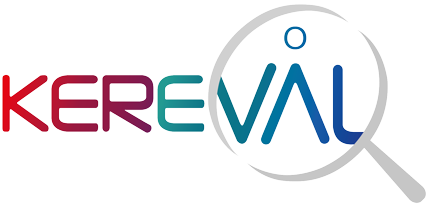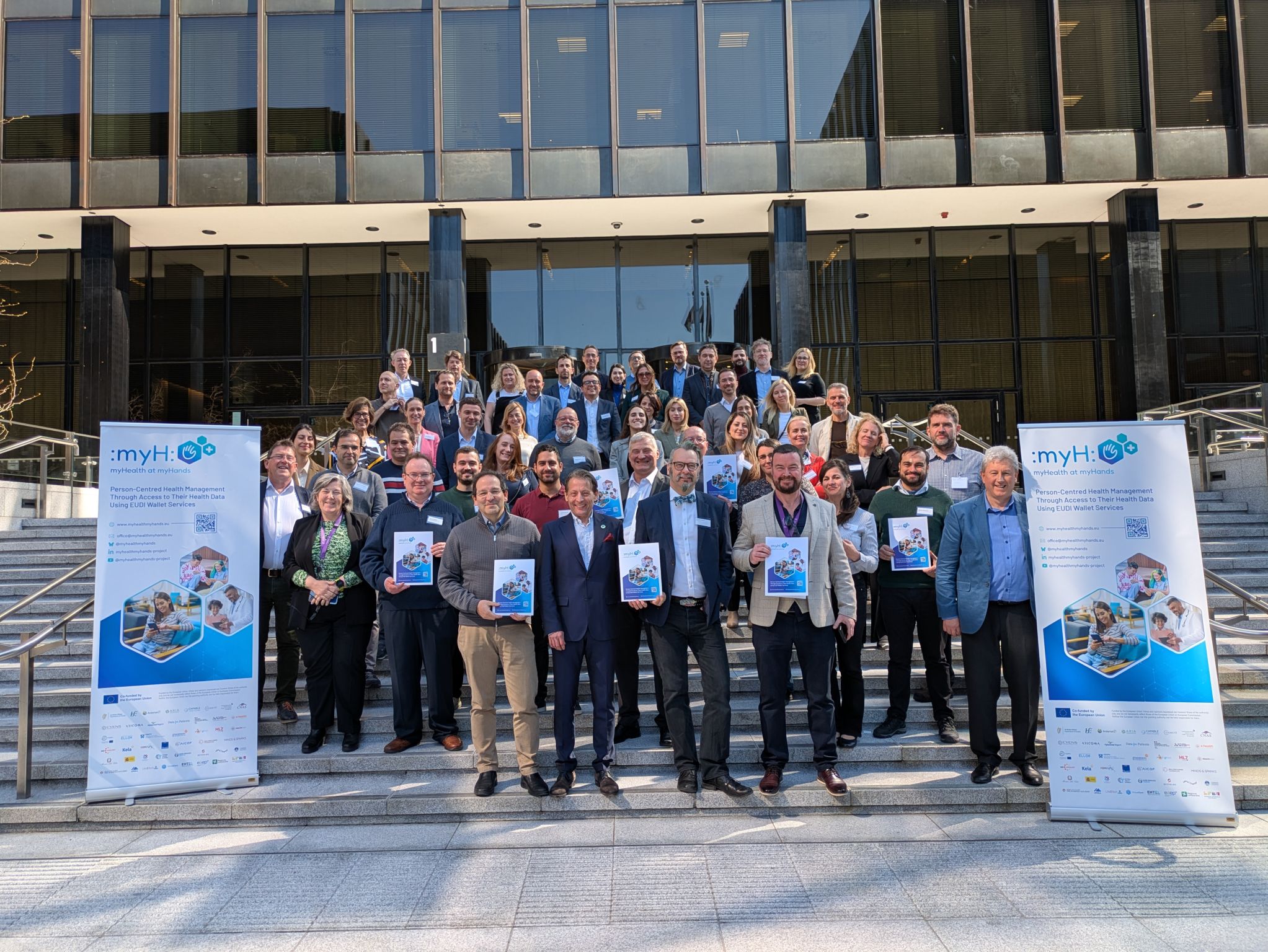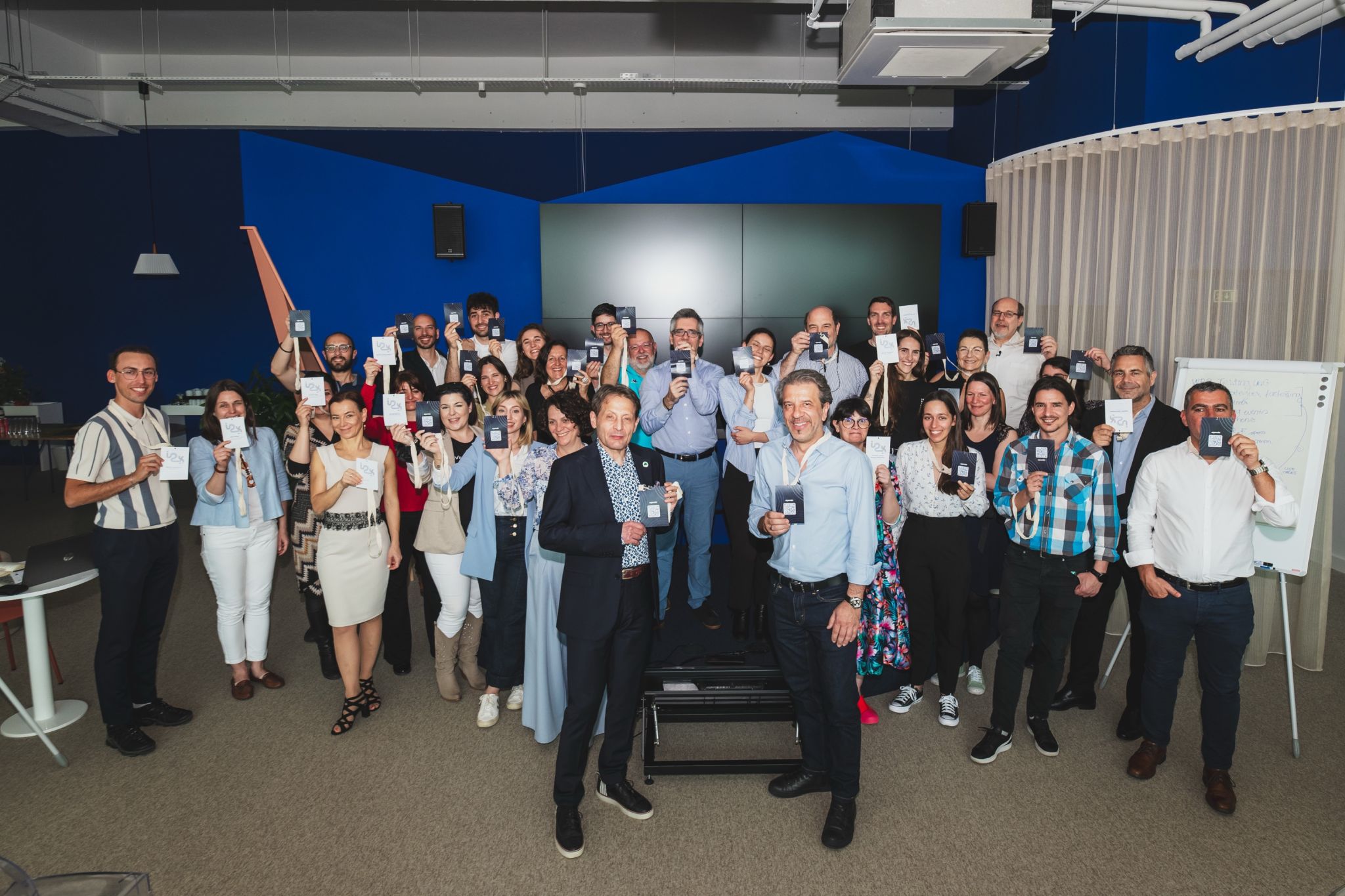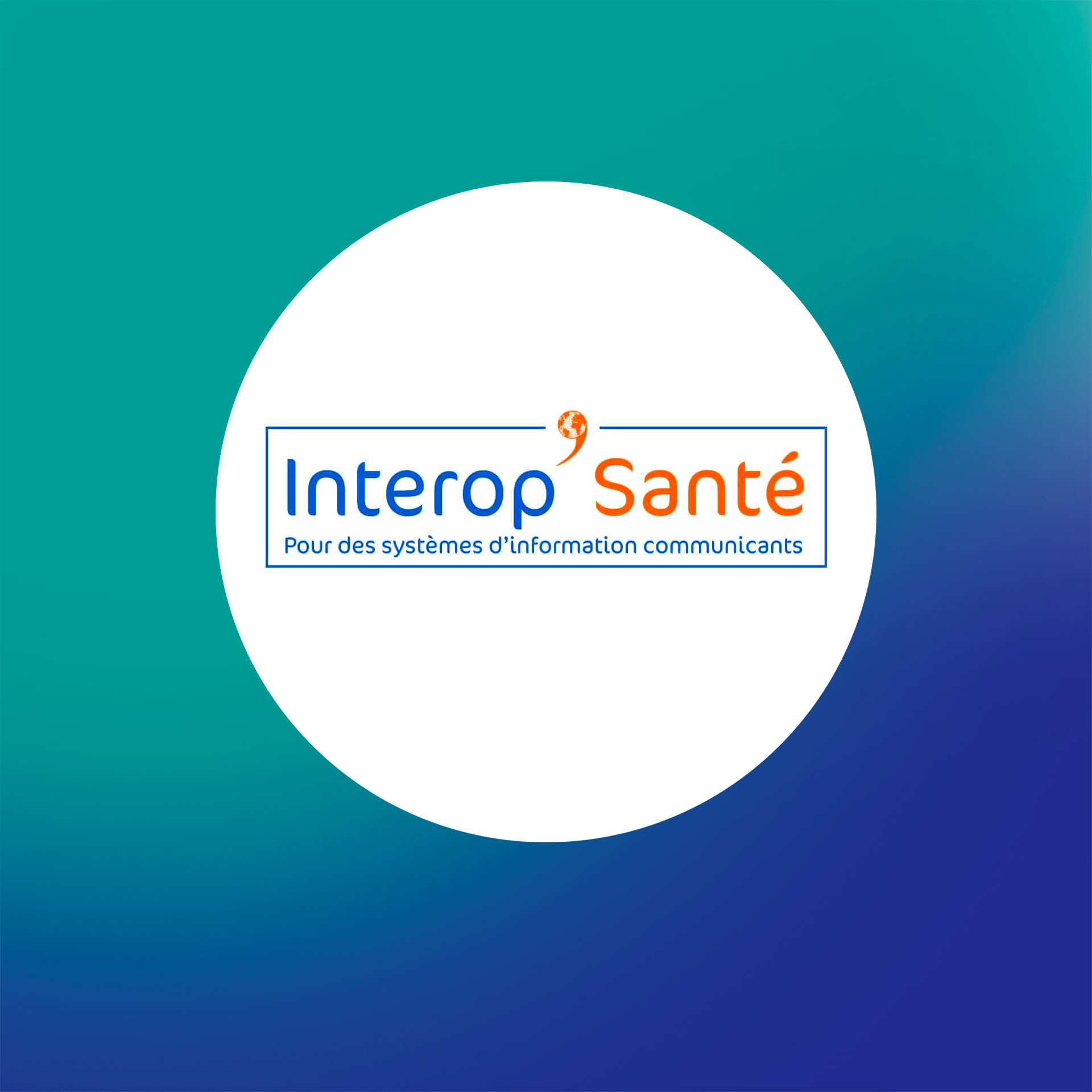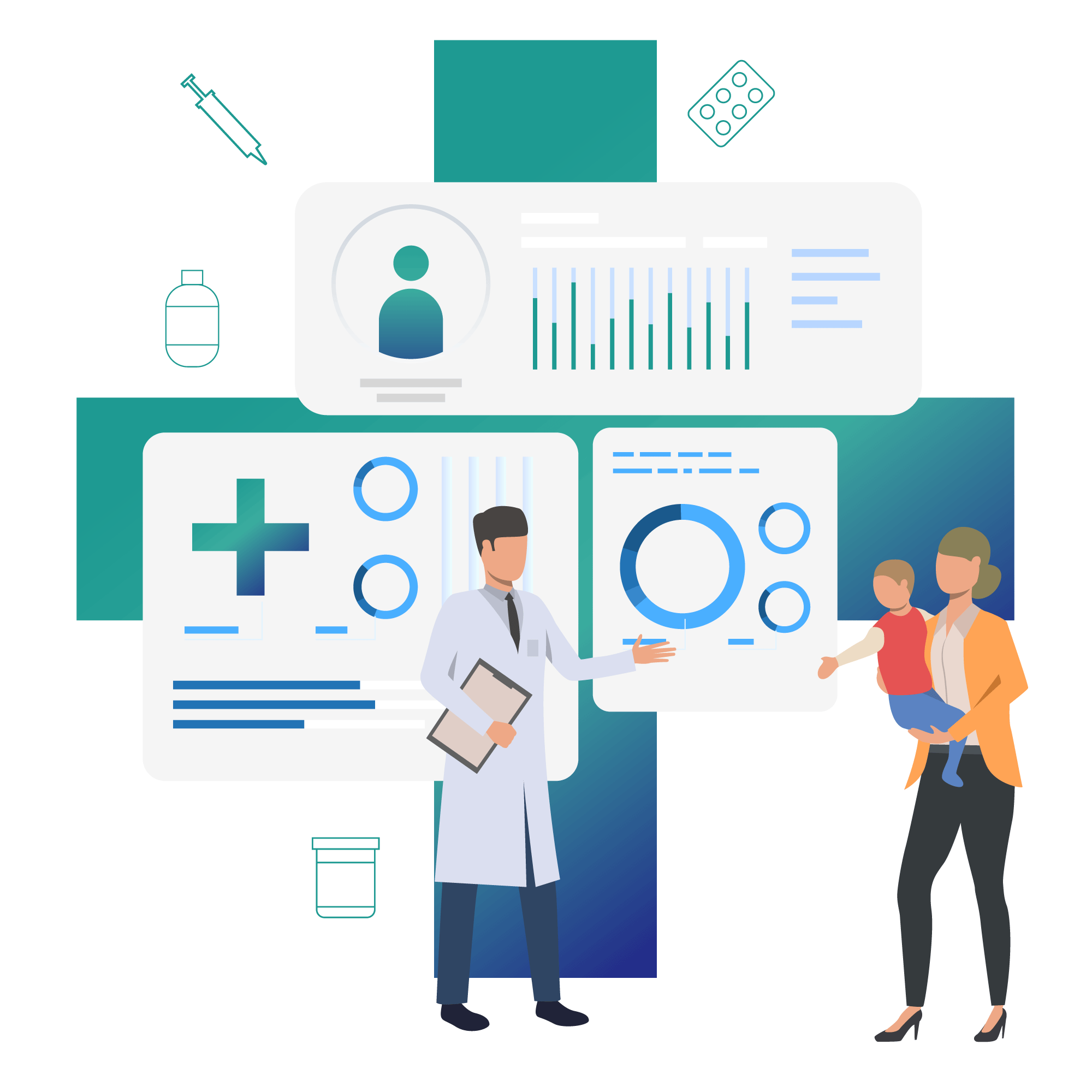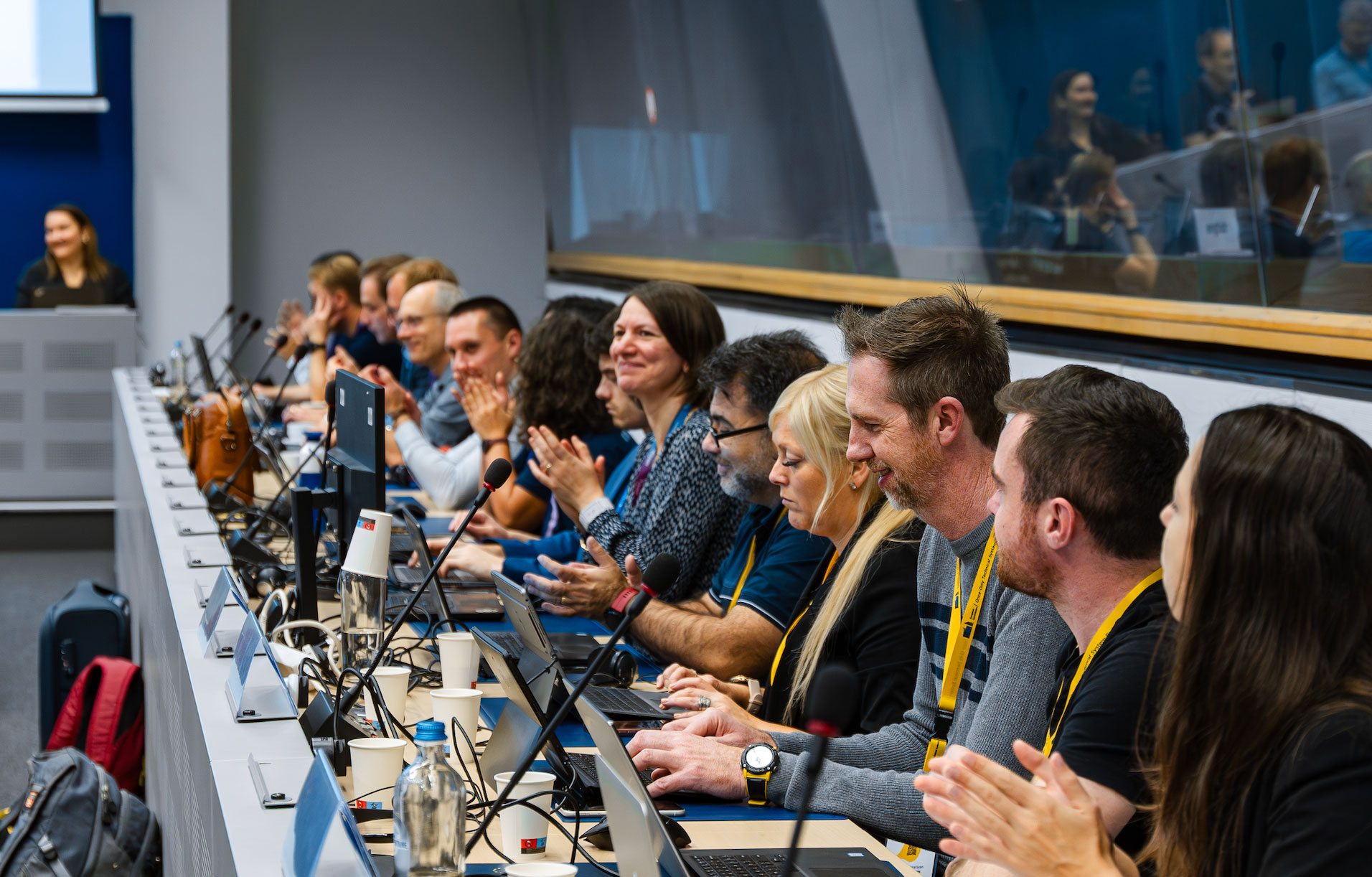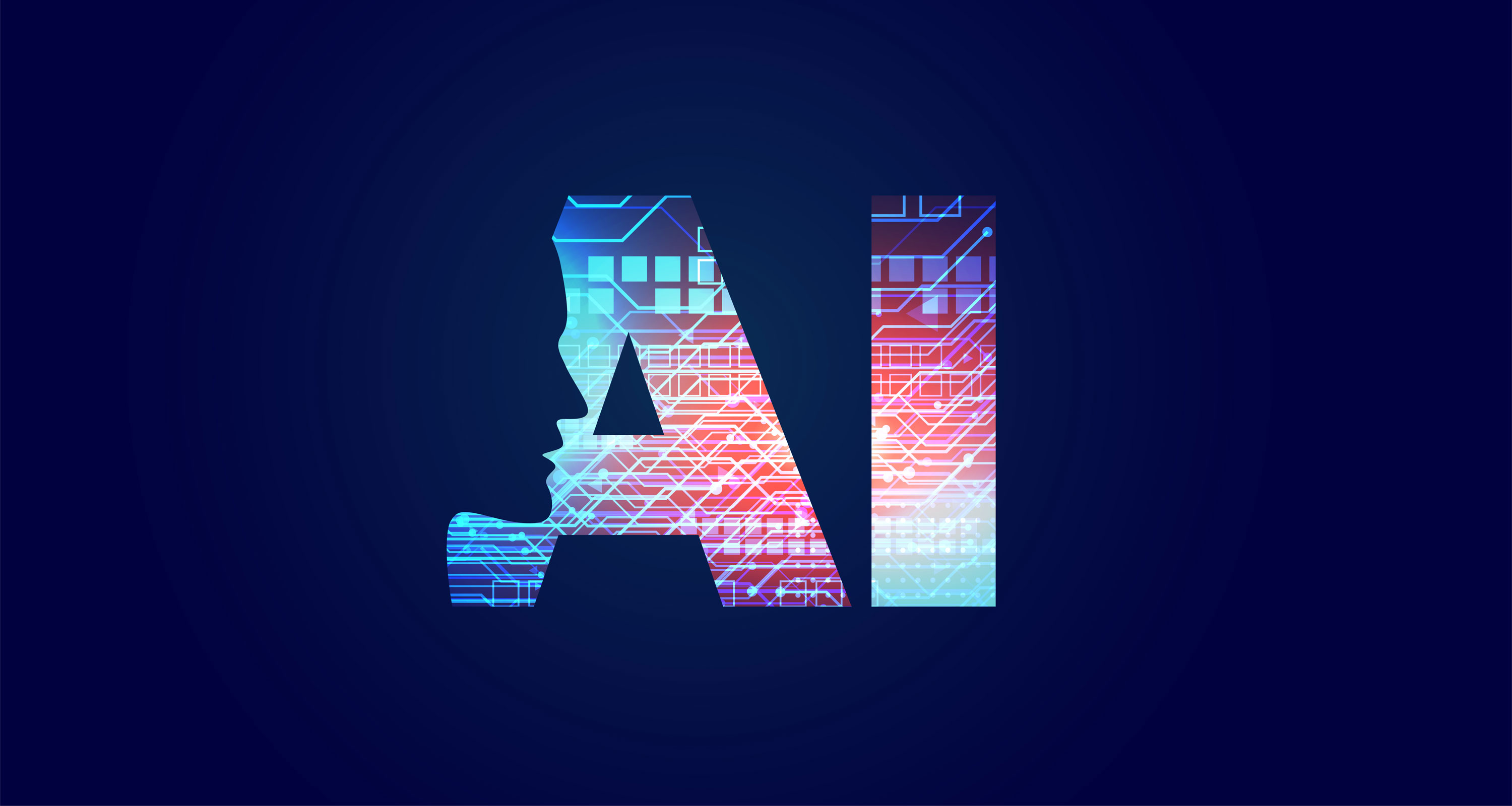New collaboration to facilitate the use of health data
Kereval and the Domasia team of the LTSI – Laboratoire Traitement du Signal et de l’Image (University of Rennes 1) have just launched their research project to facilitate access to health data.
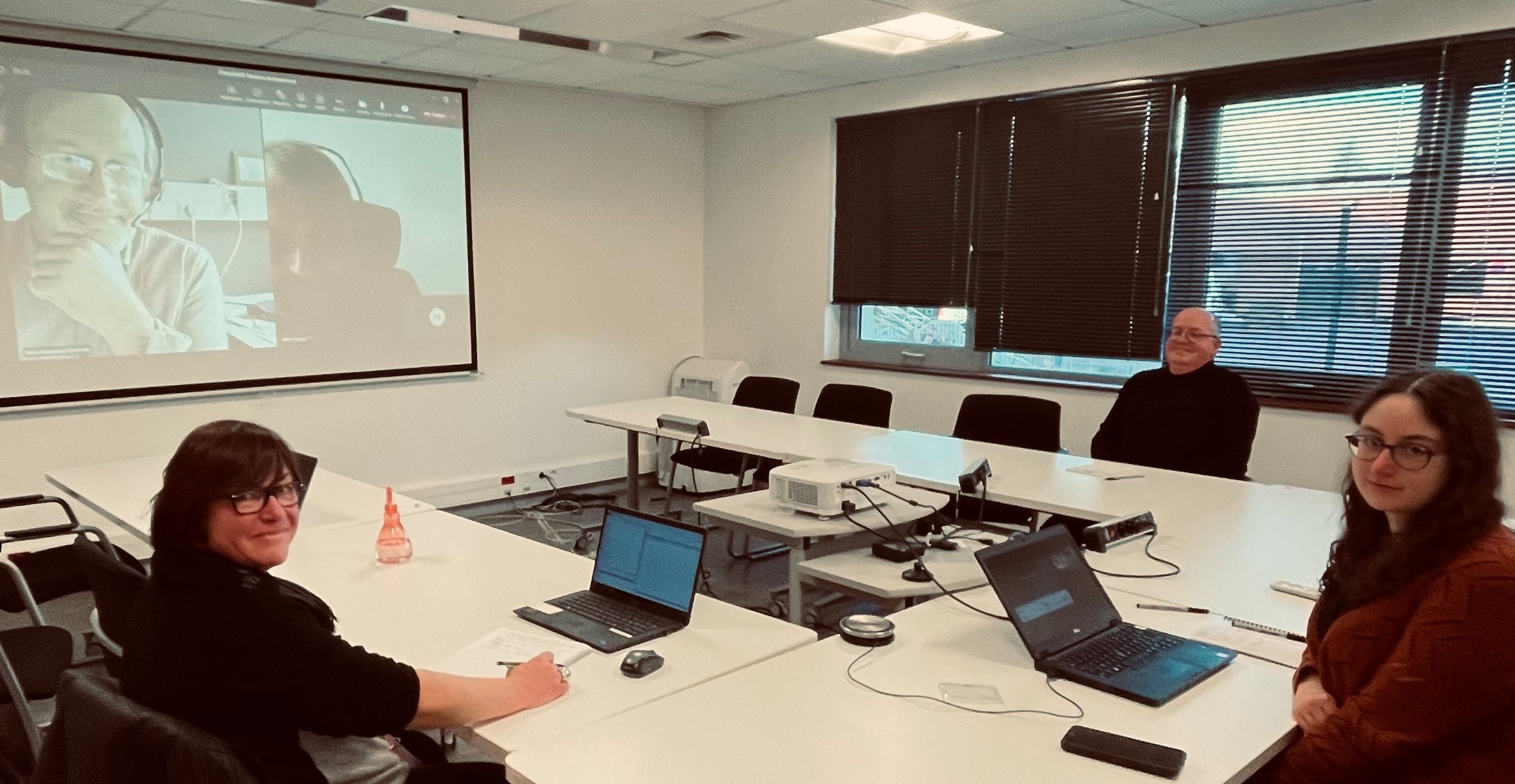
This project, called Onco-FAIR, aims to define and test a methodological and technical framework for upstream/downstream interoperability of Health Data Warehouses (HDWs) / Health Data Sharing Platforms (HDSPs) by taking the use case of chemotherapy data. The objective is to make these data easy to find, accessible, interoperable and reusable in the logic of the FAIR DATA paradigm (FAIR = Findable, Accessible, Interoperable, Reusable).
The reuse of big data, particularly in cancer research, opens up promising prospects for reducing research costs, developing patient-centred research and accelerating medical discoveries. Incentive policies aimed at “opening up” these big data in health and developing data sciences are currently being implemented by the public authorities and the scientific community. However, the field of cancerology requires particular attention with regard to the integration, sharing and processing of these data which, due to their sensitive nature, must be protected and secured. This is justified by the unprecedented development of new therapies and diagnostic strategies in oncology, requiring the use of therapeutic or clinical, biological or imaging data for their development.
The need for clinical researchers is to be able to cross-reference these different data sources to respond to clinical research, epidemiology or health monitoring use cases. To this end, EDS and PDS solutions (e.g. Ouest Data Hub, ODH) exist. The current obstacle to their deployment lies mainly in the lack or absence of normative interoperability upstream and downstream of these infrastructures.
The Domasia team has a very long experience in the field of health data warehouses and because of its integrated configuration with the Clinical Data Centre of the University Hospital of Rennes, it carries out digital translational research by developing tools and methods for the integration and processing of heterogeneous and massive health data. With its expertise in health standards (HL7v2, HL7v3, HL7 CDA, HL7 FHIR, DICOM, etc.), Kereval brings its expertise in interoperability, developed for more than ten years around its Gazelle test platform.
This project is financed by the Brittany Region as part of the call for projects “Technology transfer in the health and biotechnology sectors 2022” and is supported by Biotech Santé Bretagne.
